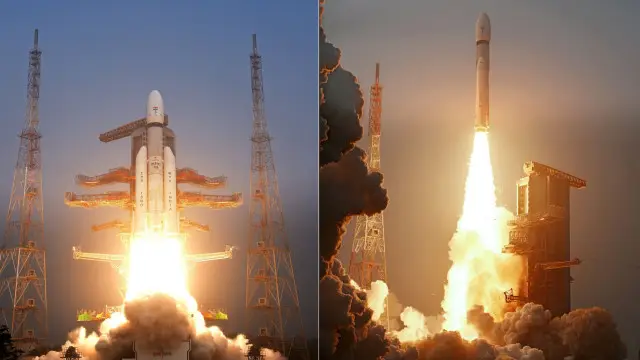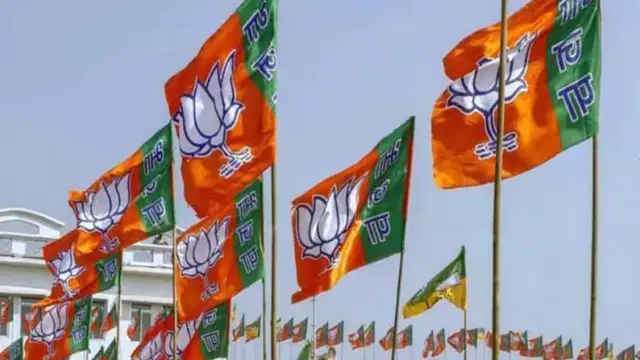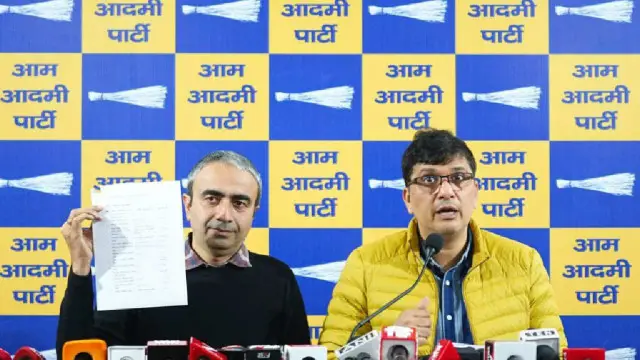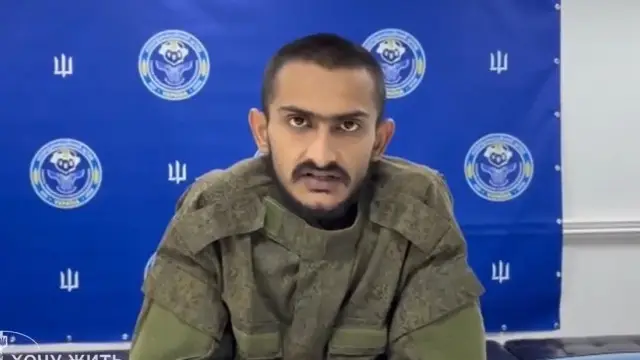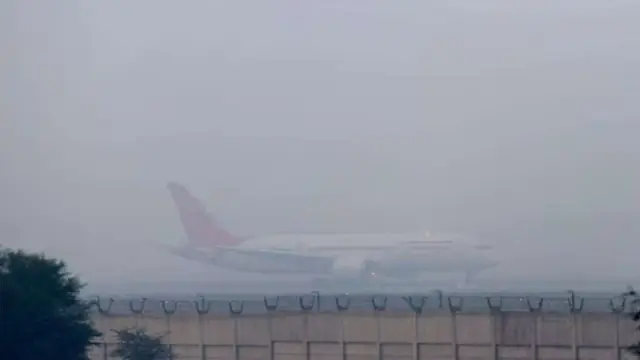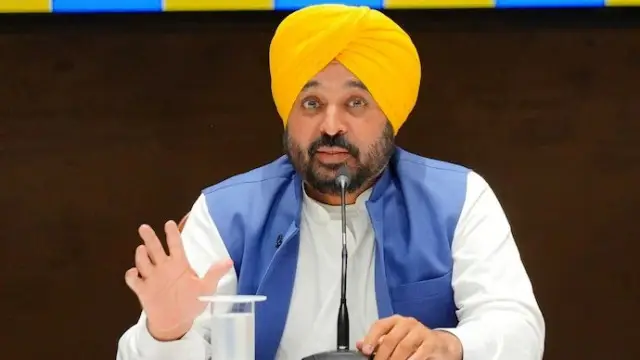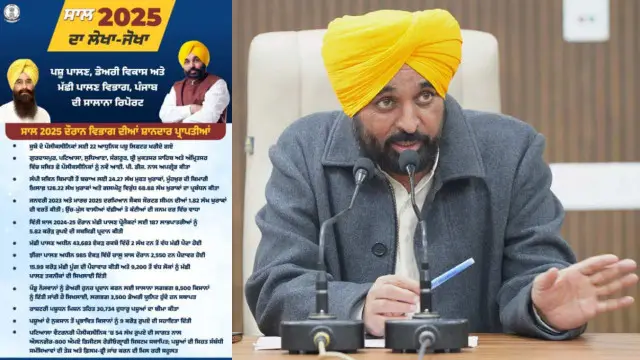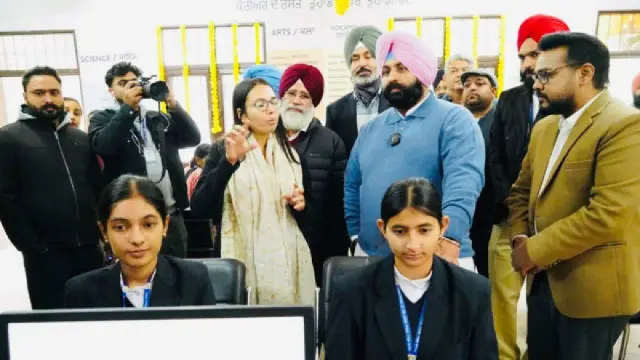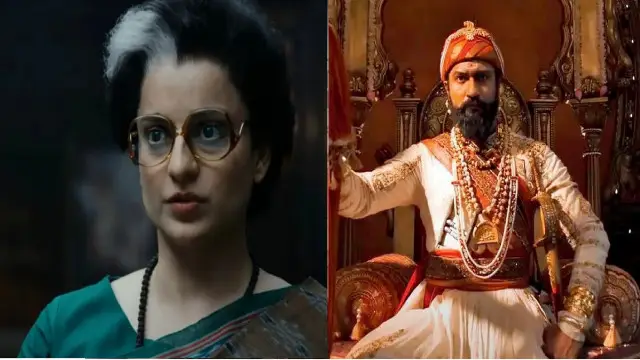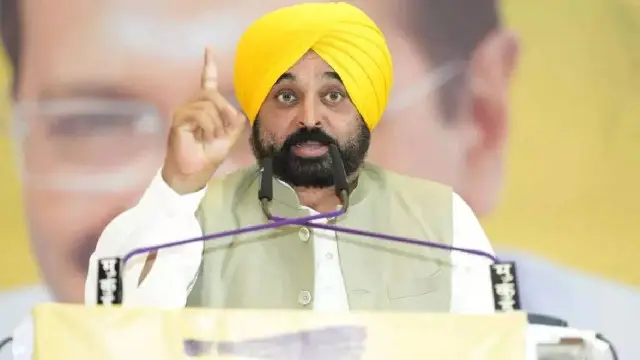PM Modi’s ‘Mujra’ remark draws sharp response: Owaisi highlights China’s land occupation; Deets inside
Accusing it of doing "slavery" and "mudra" for the vote bank, PM Modi attacked the INDIA bloc over the reservations issue recently.

The political landscape in India has been heating up as All India Majlis-e-Ittehadul Muslimeen (AIMIM) leader Asaduddin Owaisi criticized Prime Minister Narendra Modi with a sharp retort, alleging that the PM is engaging in a "disco with China." This remark came in response to Modi’s controversial comment directed at the opposition, which has stirred considerable debate.
Owaisi’s Response to Modi's ‘Mujra’ Comment
Prime Minister Narendra Modi recently made headlines with his provocative remark accusing the opposition of performing a "mujra" (a traditional dance) in front of foreign dignitaries. This comment, perceived by many as derogatory, sparked outrage among political leaders and the public alike. In a scathing response, Asaduddin Owaisi, known for his forthrightness, accused Modi of downplaying serious national issues while engaging in trivial rhetoric.
Accusations of Soft Stance on China
Owaisi’s "disco with China" remark points to ongoing tensions and perceptions regarding India's diplomatic stance with China. The border skirmishes and prolonged stand-offs between Indian and Chinese troops in recent years have been a point of contention. Critics like Owaisi argue that Modi’s government has not been assertive enough in dealing with China, despite the nationalistic rhetoric often employed by the administration.
Political Reactions and Public Sentiment
The exchange between Modi and Owaisi has elicited mixed reactions across the political spectrum. Supporters of Modi defend his criticism of the opposition, suggesting it highlights their failure to stand united on national issues. Conversely, opponents and critics of the Prime Minister argue that such comments are a distraction from pressing issues like national security and economic stability.
Public sentiment appears divided, with social media platforms buzzing with both support and condemnation for the leaders' remarks. Many citizens express frustration over the perceived lack of substantive discourse, calling for a more mature and focused political dialogue.
Broader Implications for Indian Politics
This exchange highlights the growing polarization in Indian politics, where personal attacks and sensational comments often overshadow policy discussions. As the nation approaches another election cycle, such rhetoric is likely to intensify, further polarizing the electorate.
Observers note that while fiery exchanges can galvanize political bases, they do little to address the underlying issues facing the country. Calls for political leaders to engage in more meaningful debates on policy and governance are growing louder.




